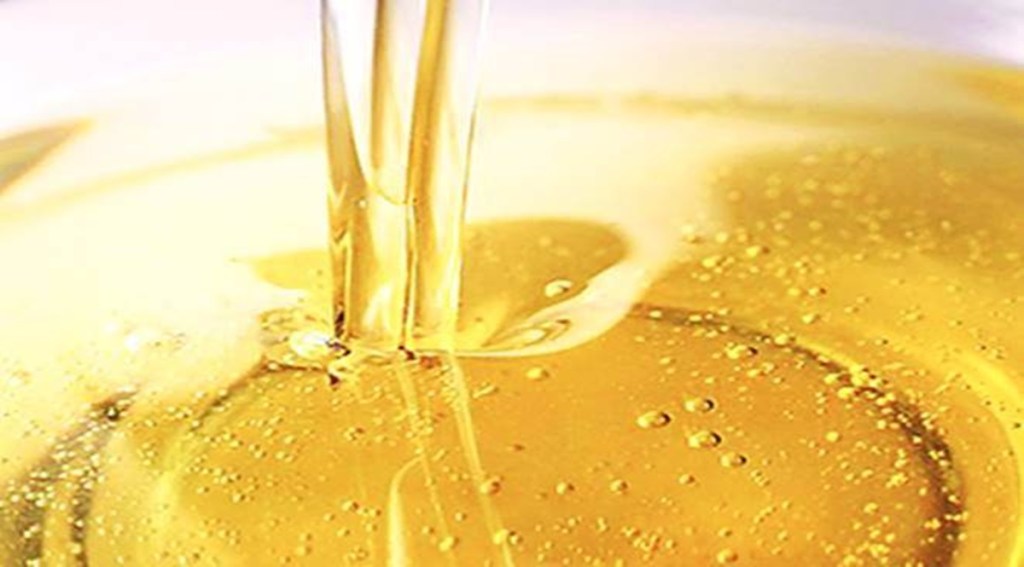Indian traders are in the process of contracting deals for the import of 50,000 tonne of soy oil and 50,000 tonne of palm oil with reports of shipment delays of sunoil, following Russia’s invasion of Ukraine, according to industry people.
“Traders are not rushing in too much because they believe the situation with Russia and Ukraine may ease within the next 15 days. Stabilisation, local operations of seed plants and transportation should begin soon. India is wanting the oil but is waiting to see how the situation develops in the next 15 days,” Sandeep Bajoria, president of the International Sunflower Oil Association.
Bajoria who is also the chief executive of one of India’s largest edible oil brokerages, Sunvin Group, added that India may purchase around 50,000 tonne of additional soy oil and 50,000 tonne of additional palm oil due to the sun oil deficit. “At the meeting with Union commerce minister Piyush Goyal, we have requested the government to allow free Rouble window, so that when the situation normalises, we can continue to import. Food and edible oils should not be included in sanctions,” he said.
“At present, traders are contracting soy oil, USA and Brazil and palm oil from Malaysia. Prices have gone up since supplies are hampered. On the first day of the invasion, prices had gone up by $100 per tonne but yesterday when it became clear that NATO will not send troops, prices came down by $ 75 per tonne.
However, in the run- up to the Russian invasion, prices had already gone up by $100 per tonne. Today soy oil is $1,690 per tonne and CPO is $1,700 per tonne,” he said.
India gets more than two-thirds of its edible oil supplies through imports and buys about 1.25 million tonne of cooking oil every month. Palm oil is usually the dominant oil used in India, but importers have had to buy more soy oil and sunflower oil this year due to reduced supplies of palm oil from top exporter Indonesia, which pushed palm prices to record highs. About 85% of soybean oil in India is imported from Argentina and Brazil, while 90% of sun oil is imported from Ukraine and Russia. Almost all of India’s palm oil requirements are met from Indonesia and Malaysia. According to ICRA, palm oil is about 40% of total consumption in India and 60% of imports. Significantly, Indonesia, one of the largest exporters of palm oil to India, has asked its producers to sell 20% of their planned exports to the domestic market only, which is expected to lead to a supply shortage in the global market.
Sudhakar Desai, president, Indian Vegetable Oil Producers Association (IVPA), said that there has been a steady increase in soy oil demand both from domestic sources and for imports from Argentina and Brazil because of the tight palm oil situation, Indonesia restrictions and the reduced-price gap with palm oil. India normally requires 3-3.5 lakh tonnes per month but with voyage time being 60-70 days, soy oil requires advanced supply chain planning, Desai said. The new crop harvesting is currently happening in Argentina and Brazil and so availability is not an issue. Hopefully sunoil imports shall resume soon, he said.
Atul Chaturvedi, president, Solvent Extractors Association of India (SEA), pointed out that getting so much soy oil overnight is not going to happen but there is no issue with soy oil and we are pretty well covered at present. “Palm oil and soy oil combined should take the burden off to a certain extent and the mustard crop is around the corner and crushing should start in 15 days and this may ease the pain. There is a stock of sun oil for 30-40 days and things might ease out soon and I don’t see too many people taking too big a risk,” he said.
Manoj Agrawal of Maharashtra Oil Extractions agreed that while the current supply situation is tight, the situation may ease by March-end. Vivek Pathak, director, trading and business development, Athena Tradewinds, said that some contracts have taken place for soy oil and palm oil in West Asia and for rapeseed from Romania.
Together 50,000 to 60,000 tonne of soy oil and sun oil are to come into the country but shipments have been delayed. We have urged the government to request Malaysia and Indonesia not to increase their biodiesel mandates to cool down prices. Indian traders should also sell their goods at the purchase cost in national interest instead of looking at profits, he said.

